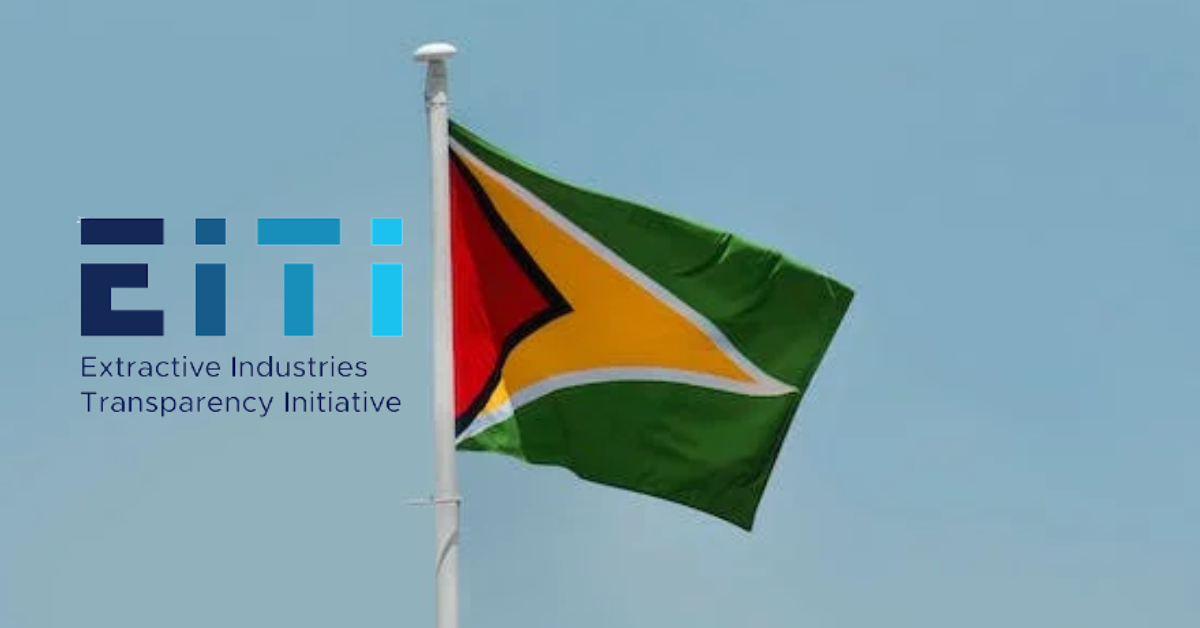Taxes are fundamental to developing the Western world’s prestigious institutions and first-class infrastructure. In Canada, heart attack surgery is free. In the US, for a few dollars, you can hop on to a NYC bullet train that rockets you down the tracks to Boston. These services wouldn’t be affordable without the taxes paid by major corporations.
Exxon has been around for more than 100 years; it descended from Standard Oil. In the decade to 2015, Exxon paid US$110 billion in US taxes. Over its 100-year history, it has probably paid more than US$500 billion dollars in US taxes. That amount of money can build many bridges, universities and subway systems.
Guyana will collect zero taxes from the profits of the oil companies as they extract six billion barrels of oil from the Stabroek block. Even more ridiculous, Guyana will issue tax certificates to the oil companies. These certificates can be used by the oil companies to reduce taxes in their home countries. Hence, not only does Guyana get zero tax dollars from the oil companies – it participates in a scheme that reduces the tax dollars due to another country. Guyana deprives its own people but with a stroke of a pen, it is costing much more powerful governments billions in potential tax revenues.
A recent paper by Tameshwar Lilmohan, available at www.oggn.org, explores why Guyana signed a contract that developed nations would have rejected. This paper was presented at one of the top law schools in Canada as part of Mr Lilmohan’s successful completion of a double Master’s degree in Law. One of the paper’s several recommendations is for Guyana to adopt the OECD BEPS Action 13 Framework.
In the paper, Mr Lilmohan noted, “[Guyana] is not a party to any of the OECD BEPS Actions, such as the Multilateral Convention on Mutual Administrative Assistance in Tax Matters (Convention). The Convention has 128 participating jurisdictions. Had Guyana been a member it could have benefitted from the Convention’s peer review arrangement. The peer review would have ensured that the Petroleum Agreement was evaluated and implemented to a standard consistent with an agreed set of criteria and methodology. The terms of reference of the Convention requires participating jurisdictions to be transparent with the information and frowns upon secret tax rulings.”
In Guyana, the tax rate is 40 per cent for our commercial enterprises. This is in contrast to the previously secret tax arrangement signed with the foreign oil companies which allows them to avoid taxes. One cannot help but notice the irony of small Guyanese businesses struggling to pay 40 per cent taxes but wealthy multinational companies having to pay no taxes. Guyana is helping the rich foreign shareholders get richer while its poor sleep on planks with cardboard sheets. A recent video of Nigel Hinds captures the situation. You can view the video here,
We know that Exxon has stated Guyana will receive revenues of US$7 billion for Liza Phase 1 which contains 450 million barrels of oil. The oil companies’ profit will be slightly less than that, let’s assume US$6.5 billion. If we scale up the oil companies’ profits from 450 million barrels to 6 billion barrels, that would mean they would earn at least US$87 billion in the Stabroek block. Now, if they had to pay a 40 per cent tax rate as per Guyana’s law that would mean an extra US$35 billion to Guyana. That is more than enough to provide world-class services to our 775,000 citizens.
Why is it fair for Exxon to pay the US government hundreds of billions of US dollars in taxes on oil profits but none to Guyana? Shouldn’t our citizens have reliable electricity like the Americans? Don’t our citizens deserve world-class healthcare like the Canadians? What about social safety nets like affordable housing for our poor? Not to mention, reinforcing the sea wall to reduce floods? Or do the foreign oil companies view us as a country to be exploited for the benefit of rich foreign shareholders?
Yours faithfully,
Darshanand Khusial










